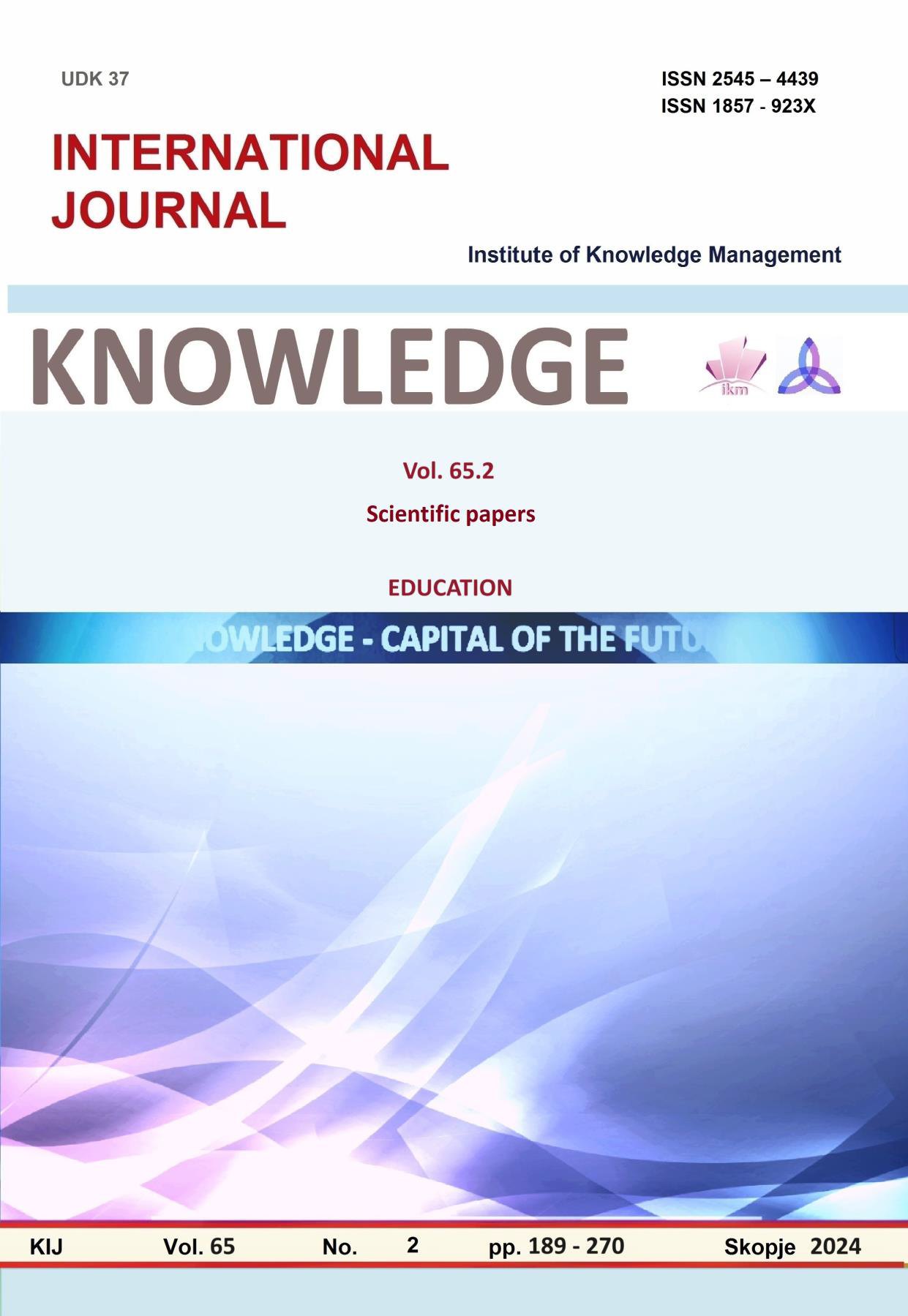СОЦИАЛНОПЕДАГОГИЧЕСКИ ИЗМЕРЕНИЯ НА ДЕТСТВОТО В СРЕДАТА НА XX ВЕК В БЪЛГАРИЯ (ПО АВТОБИОГРАФИЧНИ РАЗКАЗИ)
SOCIO-PEDAGOGICAL DIMENSIONS OF CHILDHOOD IN MID-TWENTIETH CENTURY BULGARIA (BASED ON AUTOBIOGRAPHICAL NARRATIVES)
Author(s): Vyara TsvetanovaSubject(s): History, Social Sciences, Education, Social history, WW II and following years (1940 - 1949), Post-War period (1950 - 1989), Pedagogy
Published by: Scientific Institute of Management and Knowledge
Keywords: childhood;education;values;generation;20th century;Bulgaria
Summary/Abstract: The article attempts to outline some significant aspects of the Bulgarian family's views on education and the value of the child and childhood in the mid-twentieth century. Based on 60 authentic autobiographical accounts of people born in the 1940s and 1950s, particular moments in the social and pedagogical communication between child and adult are structured. The empirical material has the specificity of a particular section of the past, and is an element of the generic and community memory of the individuals studied. At the same time, the focus on the role of the child, his being, the possibilities for the development of his personality, is an attempt to parallel contemporary projections on the image of the child. The respondents' vision of their own experiences in the period of childhood brings to the fore moral norms and positions, important also in the present, which today are assumed to be in no small degree de-structured in pedagogical terms, insofar as the patriarchal type of family matrix and its typical functional features and socializing characteristics hardly exist. The importance of work for the child, respect for parents, obedience, was one of the sides of children's life decades ago. Another side in the narratives of the surveyed persons, characterized difficulties in access to education and the impossibility of mass inclusion of children in a full educational process. Which, in turn, has implications for the personal development and opportunities for meaningful projection of the future in children and young then. The study also highlights some existential characteristics of life in the post-war generation - deprivation, material deprivation, but also the conditional carefree nature of childhood existence, thanks to the natural mechanisms of joy. It can be pointed out that the model of childhood in the middle of the last century actually defines the "insufficiency" of modern childhood today. This phenomenon, in content and meaning, represents the disappearance of traditional values in the life of the family matrix (too variable today) - mutual trust, skills of positive interpersonal dialogue, cohesion, intergenerational respect, companionship, support.
Journal: Knowledge - International Journal
- Issue Year: 65/2024
- Issue No: 2
- Page Range: 223-227
- Page Count: 5
- Language: Bulgarian

